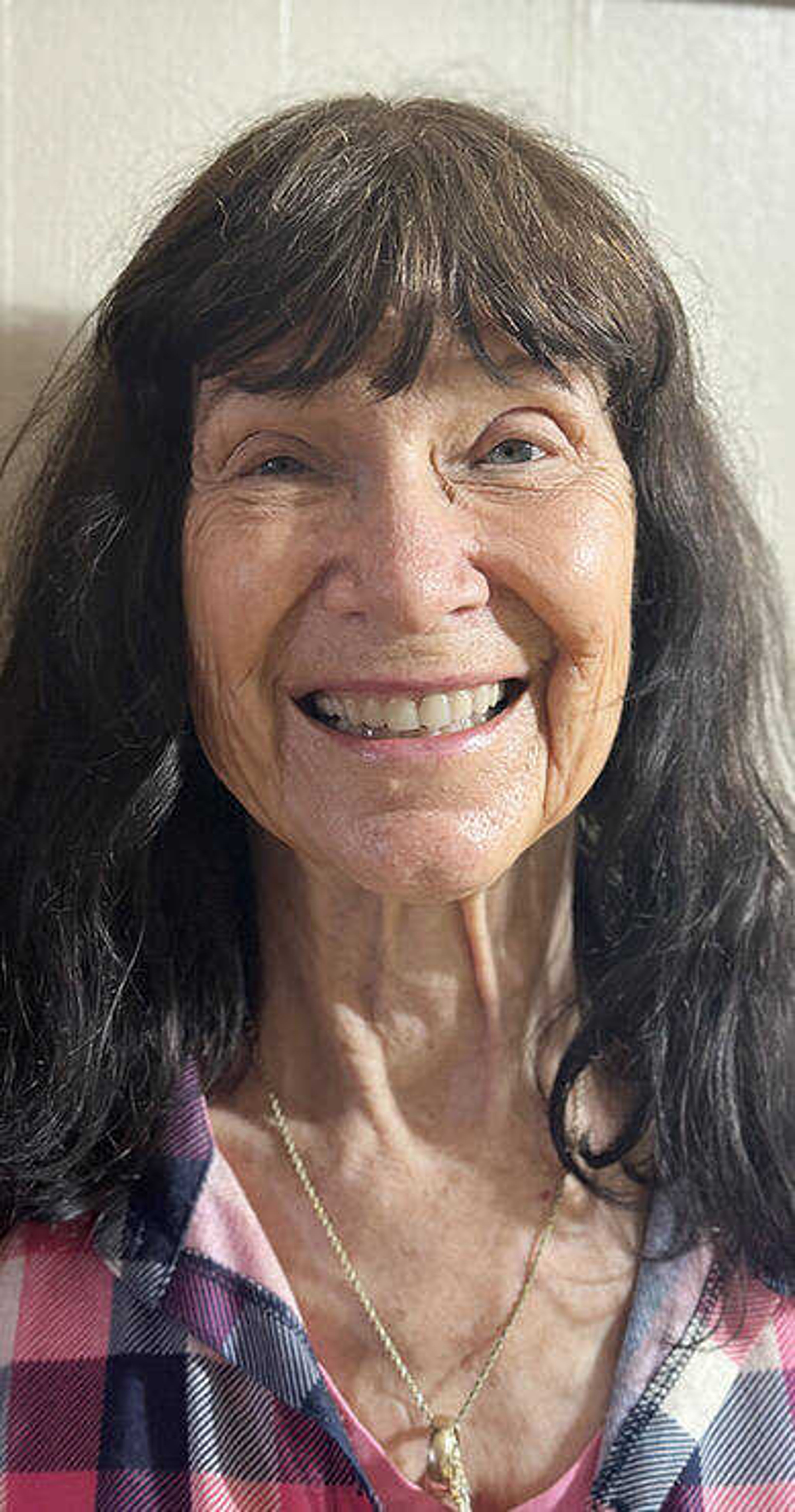Happiness is having a clear conscience
"Keeping a clear conscience, so that those who speak maliciously against your good behavior in Christ may be ashamed of their slander" (Peter 3:16). Do you believe we have a conscience? And if so, do we allow it to guide us? There are many individual definitions of what conscience means...
By Ellen Shuck
"Keeping a clear conscience, so that those who speak maliciously against your good behavior in Christ may be ashamed of their slander" (Peter 3:16).
Do you believe we have a conscience? And if so, do we allow it to guide us? There are many individual definitions of what conscience means.
John MacArthur, a writer, offers his view on the subject: "The conscience is a built-in warning system that signals us when something we have done is wrong. The conscience is to our soul what pain sensors are to our bodies. It inflicts distress, in the form of guilt, whenever we violate what our hearts tell us is right."
It seems, quite often nowadays, we hear less and less about our conscience. Various faiths, however, regularly encourage their members to examine their consciences frequently. Some people have the tendency to believe anything is alright if it feels good. Some believe there's no such thing as a conscience. They can't understand those pangs of guilt. Rather, when those uncomfortable and disturbing thoughts appear within, they explain them away. Those feelings of unhappiness and unrest can manifest themselves in the form of depression and anxiety. Feelings of self-worth disappear and one's sense of stability and happiness vanish. If one feels they have hurt someone they love and shoves it under a rug and pretends it doesn't exist, they won't find peace -- anywhere.
"The Twelve Steps," a tool of Alcoholics Anonymous, attempts to teach responsibility for one's actions and making amends for the wrong committed. We can all learn from those principles.
I believe the conscience is the guiding principle for most. My family, like all other families, had its ups and downs, but love always was the foremost value taught and lived. Yes, my siblings and I were exposed to forced church attendance every Sunday and other days of worship. There was no asking us if we wanted to go to church. We didn't even argue. Nevertheless, church was the place where I learned about love, God and a sense of right and wrong. Guilt also was an integral part. Personally I believe a healthy amount of guilt is a good thing, but too much is detrimental to one's self-esteem, motivation and sense of worth.
My conscience usually guided me in how I felt, and consequently reacted. My siblings and I were made to apologize and make up. Saying we were sorry was a given, but we always felt better. My dad, a convert to Catholicism, also made my brother and I go to confession regularly at our parish.
Regardless of which method I used to get out from under my feelings of wrongdoing, my conscience retreated and I became whole again. My motivation returned as the huge load I'd been carrying was lifted from my shoulders. Whew! I could finally breathe freely and smile and be happy again. In other words, my conscience was clear.
Thomas Jefferson said this: "Our greatest happiness does not depend on the condition of life in which chance has placed us, but is always the result of a good conscience, good health, occupation and freedom in all just pursuits."
I have been exposed to many self-help programs that treat unacceptable behavior, depression and alcohol and drug dependency. All promote taking responsibility for one's actions, trying to make up for the hurt caused to others, and doing good in the world. Numerous lives are changed. People turn from experiencing depression, hopelessness and lack of motivation to lives of love and accomplishment. Our conscience tells us when we're on the wrong track, but sometimes we are numbed to it.
So listen to your conscience, and heed its promptings. You can't be happy and guilty at the same time.
Connect with the Southeast Missourian Newsroom:
For corrections to this story or other insights for the editor, click here. To submit a letter to the editor, click here. To learn about the Southeast Missourian’s AI Policy, click here.










